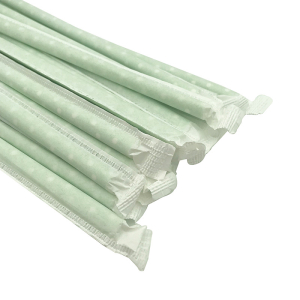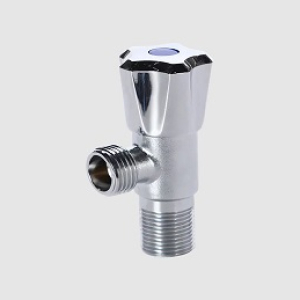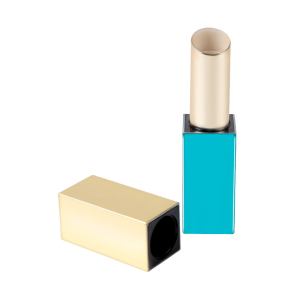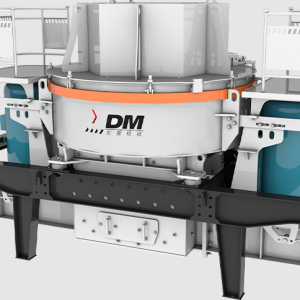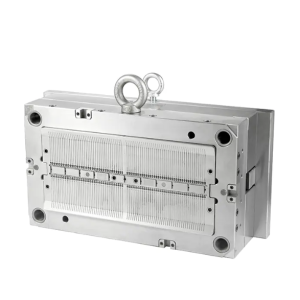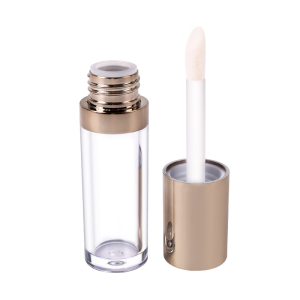In the contemporary world, where environmental consciousness is at an all-time high, the choice of building materials has become a significant factor in the construction industry. The steel core door, with its robust construction and long-lasting nature, has been gaining popularity for its perceived environmental benefits. However, the question remains: how environmentally friendly are steel core doors, and what factors contribute to their green credentials?
To begin with, the production of steel core doors involves the use of steel, a material that is often associated with high energy consumption and carbon emissions. However, the environmental impact of steel can be mitigated through various means. For instance, the recycling of steel is a well-established process, and the recycling rate for steel is among the highest of all materials, which significantly reduces the need for virgin material extraction. This recycling process is crucial in the context of steel core doors, as it allows for the reuse of materials, thereby reducing the overall environmental footprint.
Moreover, steel core doors are known for their durability and longevity. A door that lasts longer requires less frequent replacement, which in turn reduces the demand for new materials and the associated environmental impact of production. The longevity of steel core doors is a testament to their resilience against wear and tear, as well as their ability to withstand various environmental conditions without compromising their structural integrity.
Another aspect of the environmental performance of steel core doors is their energy efficiency. Doors with a steel core are often insulated, which helps to maintain a consistent temperature within a building. This insulation property can lead to reduced energy consumption for heating and cooling, as the door acts as a barrier against heat loss or gain. The energy efficiency of steel core doors is particularly important in the context of climate change, as it contributes to the reduction of greenhouse gas emissions that are associated with energy production.
In addition to their material properties, the manufacturing process of steel core doors can also be designed to be more environmentally friendly. For example, manufacturers can implement energy-saving measures in their production facilities, use low-impact materials in the construction of doors, and ensure that waste materials are properly managed and recycled. These practices not only contribute to the overall sustainability of the product but also align with the growing consumer demand for eco-conscious products.
Furthermore, the installation of steel core doors can also have environmental benefits. When installed correctly, these doors can provide a tight seal, preventing drafts and improving the overall thermal performance of a building. This can lead to energy savings for the occupants, as well as a reduction in the building's carbon footprint.
However, it is important to consider the entire life cycle of a steel core door when assessing its environmental impact. This includes not only the production and installation but also the maintenance, use, and eventual disposal or recycling of the door. While steel core doors have many advantages in terms of durability and energy efficiency, it is essential to ensure that these benefits are not offset by negative environmental impacts at other stages of the door's life cycle.
In conclusion, steel core doors offer a range of environmental benefits, from their high recycling rates to their energy efficiency and durability. However, the true environmental performance of these doors depends on a combination of factors, including the materials used, the manufacturing process, and the end-of-life management. As the construction industry continues to evolve towards more sustainable practices, the role of steel core doors in contributing to a greener built environment will undoubtedly be a topic of ongoing discussion and research.

